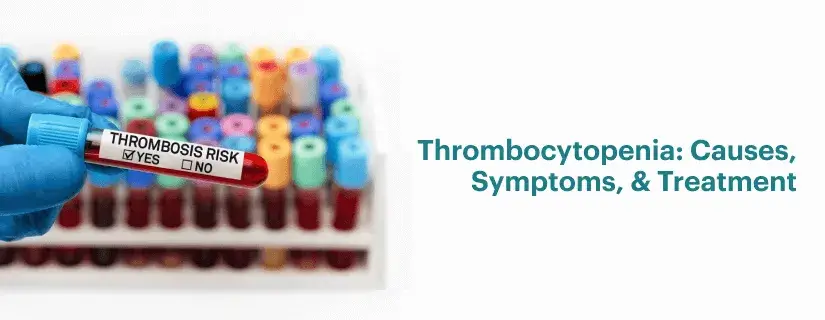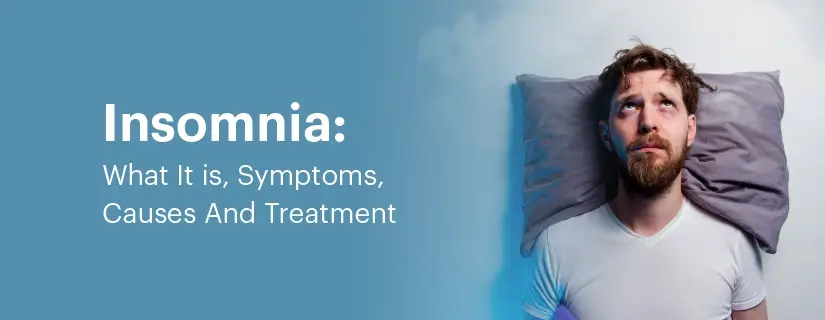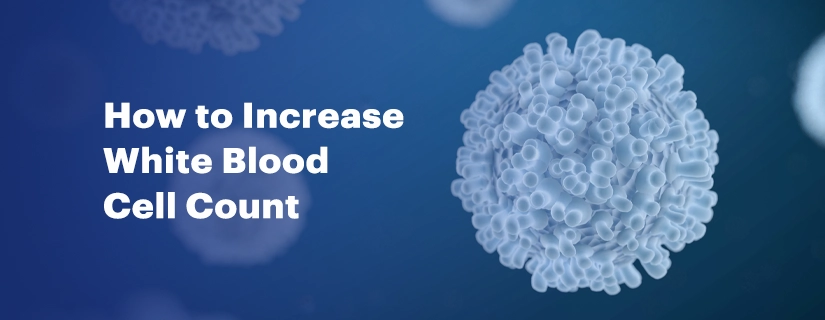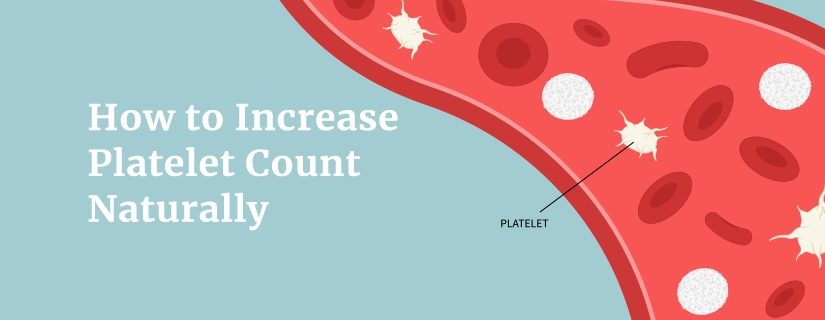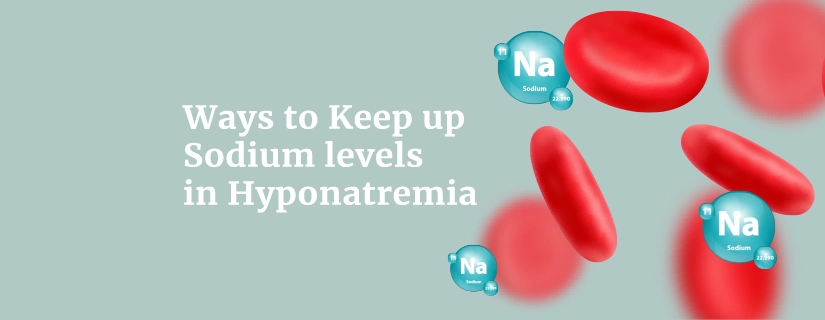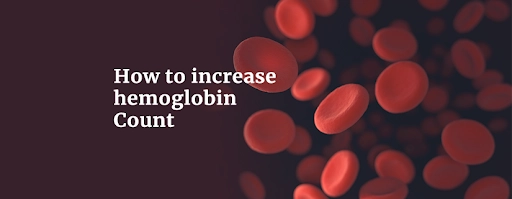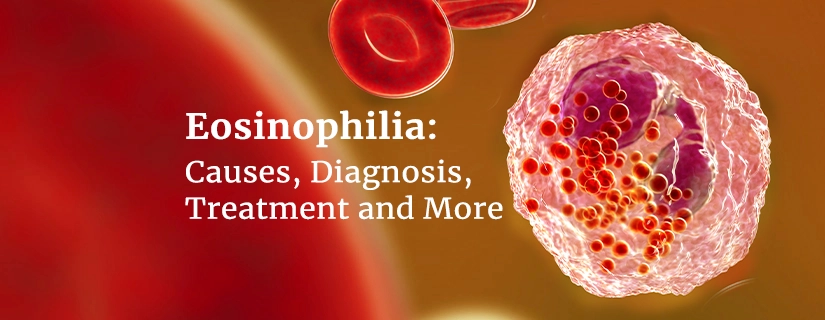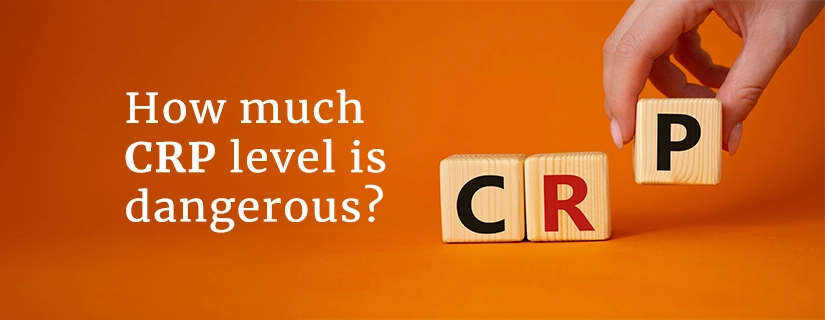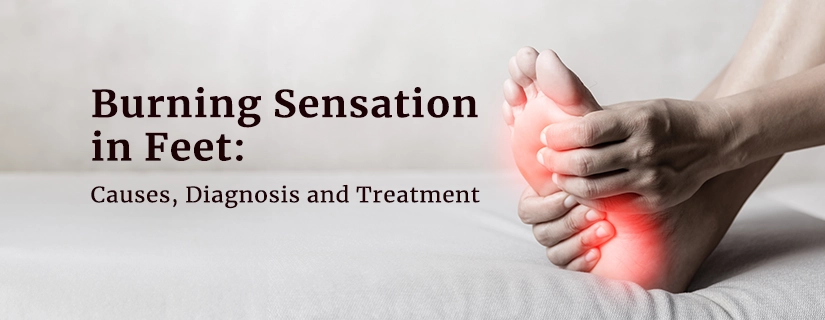-
Doctors
-
Specialities & Treatments
Centre of Excellence
Specialties
Treatments and Procedures
Hospitals & Directions HyderabadCARE Hospitals, Banjara Hills CARE Outpatient Centre, Banjara Hills CARE Hospitals, HITEC City CARE Hospitals, Nampally Gurunanak CARE Hospitals, Musheerabad CARE Hospitals Outpatient Centre, HITEC City CARE Hospitals, Malakpet
HyderabadCARE Hospitals, Banjara Hills CARE Outpatient Centre, Banjara Hills CARE Hospitals, HITEC City CARE Hospitals, Nampally Gurunanak CARE Hospitals, Musheerabad CARE Hospitals Outpatient Centre, HITEC City CARE Hospitals, Malakpet Raipur
Raipur
 Bhubaneswar
Bhubaneswar Visakhapatnam
Visakhapatnam
 Nagpur
Nagpur
 Indore
Indore
 Chh. Sambhajinagar
Chh. SambhajinagarClinics & Medical Centers
Book an AppointmentContact Us
Online Lab Reports
Book an Appointment
Consult Super-Specialist Doctors at CARE Hospitals
Chronic Pain: Symptoms, Causes, Risk Factors and Treatment
Updated on 4 January 2024
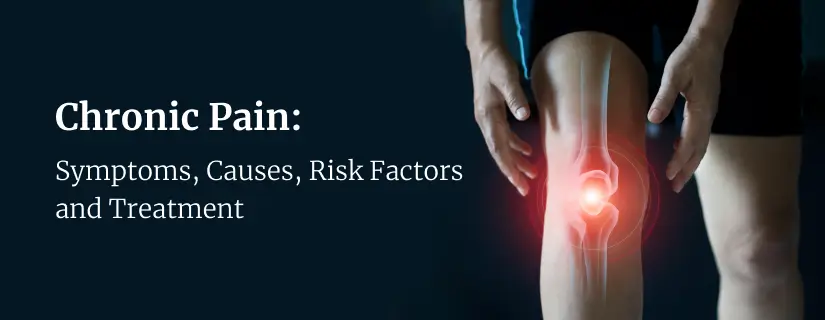
If you suffer from chronic pain, then you know how much it can impact your life. Chronic pain is persistent and can last for months or even years as compared to acute pain, which is temporary. It can affect any part of the body and may disrupt your ability to work, socialise, and enjoy life. In this article, we will discuss everything you need to know about chronic pain.
Causes and Risk Factors For Chronic Pain
In many cases, chronic pain begins with an injury, illness, or a condition, such as arthritis or nerve damage. Even after the underlying issue has been resolved, changes in the nervous system can lead to persistent pain signals. Some common causes and risk factors for chronic pain include:
- Osteoarthritis: Joint damage from wear and tear results in inflammation and stiffness.
- Herniated disks: Disks lose flexibility and bulge, putting pressure on nerves.
- Sciatica: A pinched sciatic nerve leads to pain in the lower back and legs.
- Diabetes: Elevated blood sugar levels damage nerves, causing diabetic neuropathy.
- Shingles: The varicella-zoster virus damages nerve fibres, leading to lingering pain after the rash has healed.
- Fibromyalgia: Hypersensitivity to pain that can occur after physical trauma, infection, or psychological stress.
- Chronic headaches: Recurrent tension headaches or migraines.
- Cancer and its treatments: Tumours, surgery, chemotherapy, and radiation can damage nerves and tissues.
- Autoimmune disorders: Diseases like rheumatoid arthritis or lupus cause widespread inflammation.
- Insufficient pain relief after surgery or injury: Acute pain transitions to chronic pain.
- Obesity: Excess weight strains the back, knees, hips, and feet.
- Smoking: Cigarette smoking increases the risk of conditions that cause pain.
- Genetics: Conditions like arthritis can be hereditary.
- Age: Older adults are more susceptible to pain due to osteoporosis and ageing tissues.
- Psychosocial factors: Stress, anxiety, and depression are associated with an increased risk of chronic pain.
In many cases, chronic pain is multifactorial with more than one contributing cause. A combination of physical, psychological, and lifestyle factors sustain the pain messages over time.

Symptoms Of Chronic Pain
Living with chronic pain takes a tremendous toll on one's physical health, emotional state, and ability to participate in daily activities. As pain signals intensify over weeks and months, they can trigger a ripple effect of physical and psychological consequences.
Physical effects may include:
- Fatigue and low energy
- Sleep disturbances
- Appetite changes and weight fluctuations
- Decreased mobility due to fear of aggravating pain
Emotional and psychological effects may include:
- Depression, anxiety, anger
- Frustration, sadness, fear
- Low self-esteem
- Difficulty concentrating
Social and occupational impacts may include:
- Isolation from friends and family
- The strain on marriages and relationships
- Avoidance of enjoyable activities
- Increased work absences
- Job loss or early retirement
- Financial strain
This pain cycle can become self-perpetuating. Chronic pain leads to physical deconditioning and emotional consequences that may further worsen pain, triggering even more disability. Breaking out of this vicious cycle requires a multimodal treatment approach.
How Is Chronic Pain Treated?
Since chronic pain has complex biological, psychological, and social components, a thorough evaluation is needed to pinpoint its underlying cause and contributing factors. Key diagnostic steps may include:
- Medical History - Information about health conditions, medications, trauma, and family history of pain. This identifies risk factors and comorbidities.
- Physical Exam - A head-to-toe evaluation checking vital signs, posture, range of motion, areas of tension or numbness. This helps in identifying the sources of pain.
- Diagnostic Tests - X-rays, MRIs, CT scans, nerve conduction studies check for anatomical abnormalities or nerve damage. Blood work screens for underlying conditions.
- Psychological Evaluation - This helps in examining the contributing psychological and behavioural factors like depression, anxiety, stress, fears about pain, and coping abilities.
- Pain Journaling - Tracks pain patterns, flare-up causes, relieving factors, and impact on function over a period of time.
After this comprehensive workup, a treatment plan can be tailored to the individual based on the type of pain, underlying medical conditions, psychological state, and lifestyle factors. Ongoing collaboration with different specialists is key.
Treatment Overview
Effective chronic pain management requires a multidimensional approach that combines medications, physical rehabilitation, psychological therapies, lifestyle changes, and sometimes medical procedures. The goal is to both relieve pain and improve the quality of life on physical, emotional, and social levels. Common treatments include:
Medications
- Nonopioid analgesics: Acetaminophen, NSAIDs like aspirin, ibuprofen, and naproxen.
- Antidepressants: Tricyclic antidepressants, SNRIs. They help with neuropathic pain.
- Anticonvulsants: Gabapentin, pregabalin. They help with nerve pain.
- Topical analgesics: Creams, gels, patches with lidocaine, capsaicin, and diclofenac.
- Opioids: OxyContin, hydrocodone, morphine. These are used for moderate to severe pain if the benefits outweigh the risks.
- Muscle relaxants and anti-anxiety medications.
Therapeutic Exercises
- Aerobic conditioning improves function, circulation, and range of motion.
- Strengthening and stretching increase flexibility and stability around painful joints.
- Yoga, tai chi, and Pilates fuse mind-body awareness with movement.
Physical and Occupational Therapy
- Modalities like heat, ice, electrotherapy, and ultrasound.
- Assistive devices such as canes, splints, and braces provide support and modify activities.
- Soft tissue mobilisation relieves muscle spasms and scar tissue adhesions.
Psychological Therapies
- Cognitive behavioural therapy changes thought patterns about pain.
- Relaxation techniques like deep breathing and meditation.
- Stress management and coping skills training.
- Support groups provide validation and community.
Lifestyle Changes
- Better sleep habits, regular exercise, and a healthy diet improve pain tolerance.
- Weight loss takes pressure off joints, nerves, and discs.
- Quitting smoking enhances circulation and tissue healing.
- Workplace accommodations - Modified hours and duties.
- Pacing daily activities to avoid overexertion flares.
Advanced Procedures
- Steroid injections deliver anti-inflammatory medication right to problem spots, which is helpful for low back pain and osteoarthritis.
- Radiofrequency ablation uses heat to disrupt pain signals from specific nerves.
- Spinal cord stimulation uses electrical pulses to alter nerve activity.
- Surgery - Last resort options like disk repair, arthroscopic repair, and nerve decompression.
Complementary Therapies
Some patients find pain relief from complementary health approaches, such as:
- Acupuncture - Fine needles stimulate natural painkilling chemicals.
- Massage - Massage boosts circulation and eases muscle tightness.
- Chiropractic - Spinal manipulation aims to improve joint mobility and nervous system function.
- Nutritional supplements like turmeric, omega-3s, and magnesium.
Conclusion
Although chronic pain is complex, many promising treatments are now available to improve function and quality of life. A comprehensive treatment plan tailored to your specific needs and self-care are key. Patience and perseverance are vital, as it can take time to find an optimal regimen. While pain may not be fully curable, it can often be made more manageable. There is hope for restoring comfort and enjoying life's meaningful activities again.
To Book an Appointment, call:
ENQUIRY FORM
SELECT CATEGORIES
-
Neurosciences (16)
-
Neurology (37)
-
Neurosurgery (14)
-
Orthopaedics (48)
-
Oncology (33)
-
Obstetrics and gynecology (51)
-
Pulmonology (23)
-
Urology (20)
-
Nephrology (13)
-
Psychiatry (7)
-
Dietetics and Nutrition (111)
-
General Medicine (63)
-
Cardiac Sciences (30)
-
Vascular & Endovascular Surgery and Interventional Radiology (10)
-
Gastroenterology (46)
-
Endocrinology (23)
-
Plastic Surgery (10)
-
Critical Care Medicine (5)
-
COVID-19 (16)
-
Dermatology (16)
-
Emergency Care (1)
-
Ophthalmology (4)
-
Pediatrics (14)
-
Laparoscopic and Bariatric Surgery (8)
-
ENT (15)
-
Kidney Transplant (1)
-
Liver Transplantation and Hepatobiliary Surgery (5)
-
General Surgery (3)
-
Internal Medicine (5)
-
Medicine Information
Food Allergy: Symptoms, Types, Causes, Diagnosis, Treatment and Prevention
Systolic vs Diastolic Blood Pressure: Know The Difference
YOU MAY ALSO LIKE
RECENT BLOGS
-

Direct Anterior Approach in Total Hip Replacement: Advantages and Challenges
10 April 2025
Read More
-

Zinc Deficiency: Signs and Symptoms, Causes, Treatment
9 April 2025
Read More
-

Chest Pain When Coughing: Causes, Treatment and Home Remedies
9 April 2025
Read More
-

12 Health Benefits of Eating Mushrooms
8 April 2025
Read More
-

7 Health Benefits of Blood Donation You Should Know About
8 April 2025
Read More
-

Implantation Bleeding Vs Periods: Know the Difference
28 February 2025
Read More
-

Bloating During Ovulation: Symptoms, Causes and Remedies
28 February 2025
Read More
-

Itching During Dengue: Causes, Treatment and Home Remedies
18 February 2025
Read More
Have a Question?
If you cannot find answers to your queries, please fill out the enquiry form or call the number below. We will contact you shortly.






















